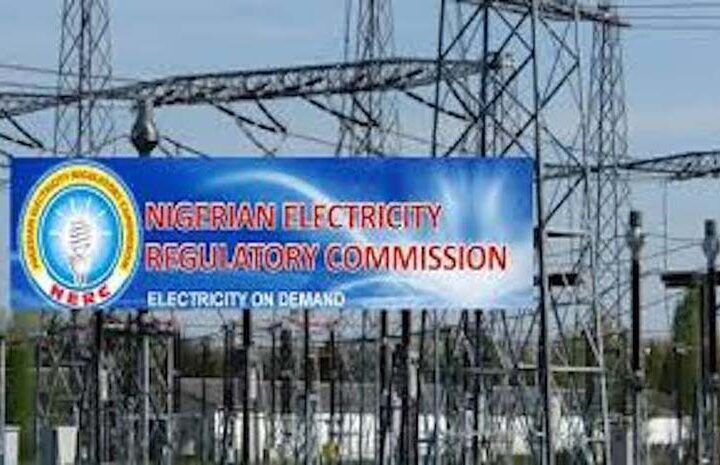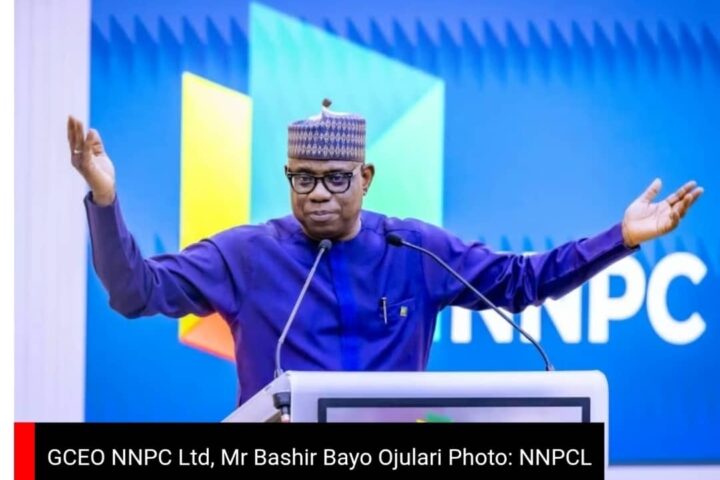The Federal Government has unveiled ₦100 billion National Public Sector Solarization Initiative (NPSSI) aimed at transforming public institutions in the country.
The Rural Electrification Agency (REA),said that the ambitious program seeks to harness solar energy to provide reliable, sustainable power to schools, hospitals, government offices, and other public facilities, significantly reducing dependence on traditional energy sources and enhancing service delivery nationwide.
The Rural Electrification Agency (REA), on Thursday officially signed a Memorandum of Understanding with the Budget Office of the Federation, Infrastructure Corporation of Nigeria (InfraCorp), and the Ministry of Finance Incorporated (MOFI), marking the official launch of the National Public Sector Solarization Initiative (NPSSI), a flagship, government-led programme designed to accelerate the deployment of distributed solar energy solutions across Nigeria’s public sector institutions, including schools, hospitals, security posts, government offices, and more, a statement said.
The initiative, the statement said, was necessitated by the urgent need to power critical infrastructure with clean, reliable energy, while moving away from diesel dependence and reducing the public sector’s carbon footprint.
Speaking at the ceremony, Abba Abubakar Aliyu, the Managing Director/CEO of the Rural Electrification Agency, disclosed that the NPSSI is part of a broader strategy to position Nigeria as the renewable energy hub of Africa, while promoting innovation, local manufacturing, and sustainability in energy infrastructure financing in Nigeria.
He added that:“The NPSSI is a flagship, government-led programme designed to accelerate the deployment of distributed solar energy solutions across Nigeria’s public sector institutions: schools, hospitals, security posts, government offices, and more. At its core, this initiative was birthed from a strategic national priority: the urgent need to power critical infrastructure with clean, reliable energy, while moving away from diesel dependence and reducing the public sector’s carbon footprint”.
The initiative ,he said, was birthed from a strategic national priority: the urgent need to power critical infrastructure with clean, reliable energy, while moving away from diesel dependence and reducing the public sector’s carbon footprint”.
He said Phase 0 of the NPSSI is fully funded by the Federal Government of Nigeria to the tune of ₦100 billion.
According to him, subsequent phases will harness innovative and blended financing models, leveraging private capital from both local and international long-term funders, all under structures that eliminate sovereign guarantees and contingent liabilities.
Dr. Tanimu Yakubu, the Director-General of the Budget Office of the Federation, emphasized the import of the initiative in addressing Nigeria’s long-standing energy gap and strengthening the fiscal efficiency of public sector operations.
Dr. Lazarus Angbazo, MD/CEO of InfraCorp, commended the initiative as a model for the future of infrastructure financing in Nigeria.
Dr. Armstrong Takang, MD of MOFI, who was represented by Dr. Femi Ogunseinde, MOFI’s Chief Investment Officer added a strategic perspective on the need for evolving funding models for Nigeria’s energy sector.
He added: “Our energy mix has historically been unfairly weighted on fossil fuel, which is expensive to sustain. We must not underestimate the importance of creating business models that drive down the cost of power while expanding access. We must now chart a new course, one that deemphasizes the use of sovereign guarantees, domestically anchored and investment-ready”


















